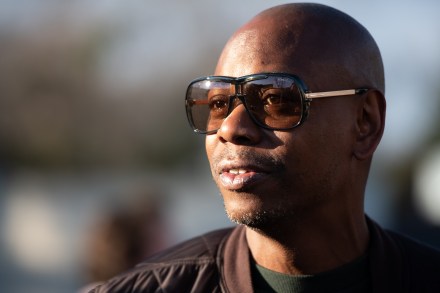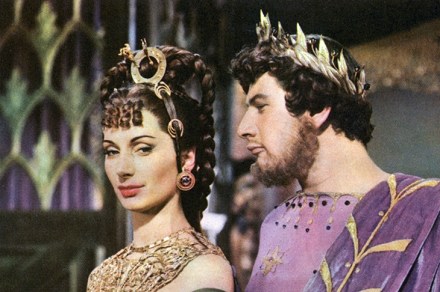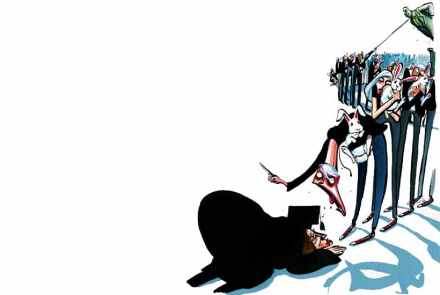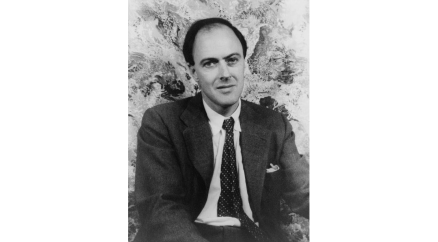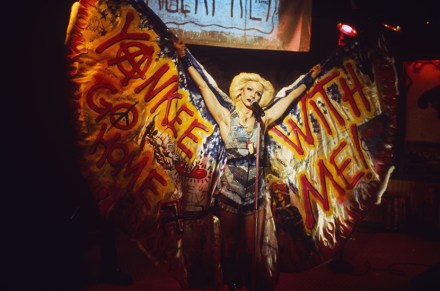The joy of being cancelled
New York I’ve never met anyone called Othello, certainly not in Venice nor in Cyprus, but perhaps there are men by that name in Africa. Someone who was referred to as Othello, but always behind his back, was the greatest of all Russians, Alexander Pushkin: a ‘raging Othello’ was how les mauvaises langues in court described the great poet. Pushkin’s great-grandfather, General A.P. Gannibal, was Ethiopian. I’ll get back to Othello in a jiffy, but first a few words about marital jealousy and Pushkin. The poet got a bee in his bonnet soon after marrying the beautiful but coquettish Natalia because she flirted, harmlessly but nevertheless disastrously. Innocent flirtation might



